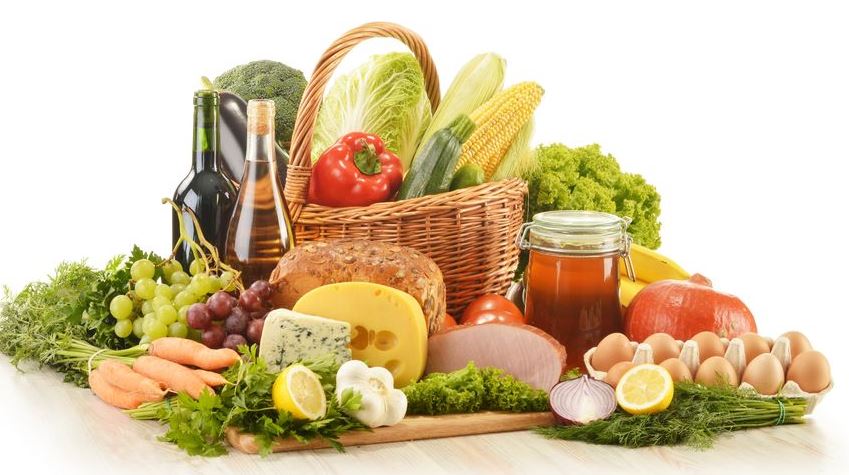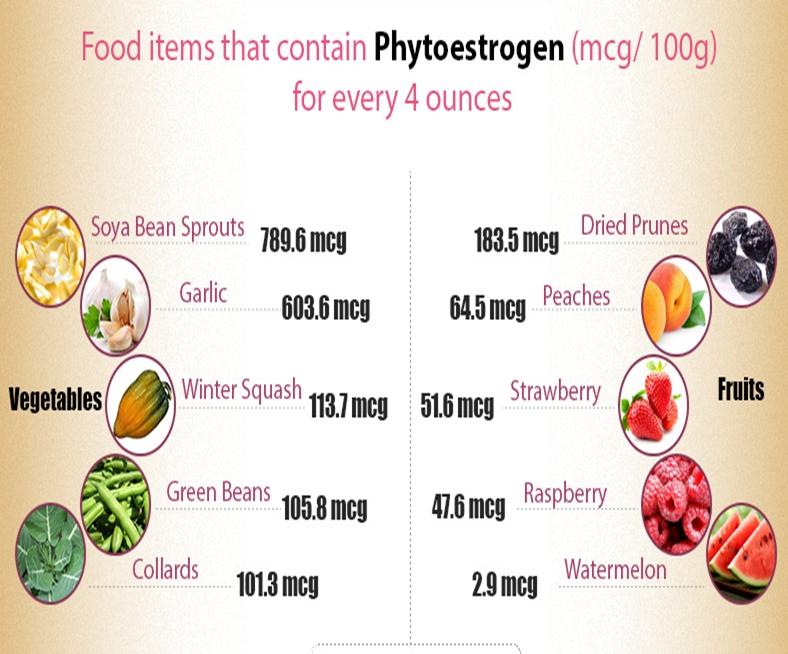By-products in dog food are ingredients that are derived from the processing of animals or plants, but are not considered to be the primary meat or plant ingredients. These ingredients are often used to provide additional nutrients, flavor, or texture to the food.

There are two main types of by-products:

- Animal by-products: These are ingredients that are derived from the processing of animals, such as meat, poultry, or fish. Common animal by-products include liver, lungs, kidneys, spleen, and stomach.
- Plant by-products: These are ingredients that are derived from the processing of plants, such as fruits, vegetables, or grains. Common plant by-products include beet pulp, rice bran, and corn gluten meal.
By-products can be a valuable source of nutrients for dogs. They can provide protein, amino acids, vitamins, minerals, and fiber. They can also help to improve the palatability of the food and make it more appealing to dogs.

However, it is important to note that not all by-products are created equal. Some by-products are more nutritious than others, and some may contain ingredients that are harmful to dogs. For example, some by-products may contain high levels of fat or sodium, which can be harmful to dogs if consumed in large quantities.
It is also important to note that by-products are not always properly processed. If by-products are not properly processed, they can contain harmful bacteria or other contaminants. This can make them unsafe for dogs to consume.
Overall, by-products can be a valuable source of nutrients for dogs. However, it is important to choose dog food that contains high-quality by-products that have been properly processed.










